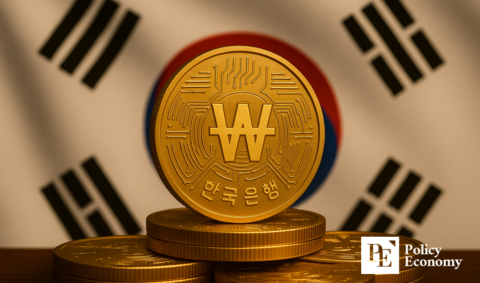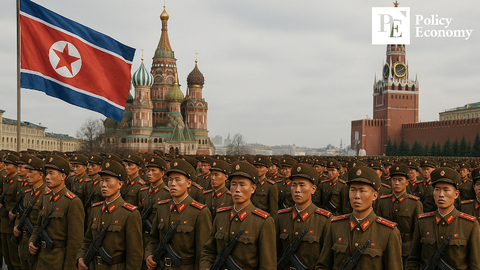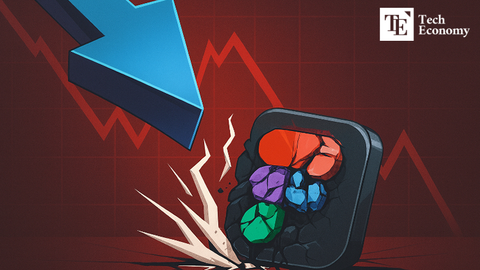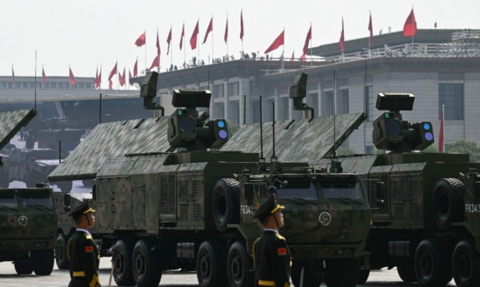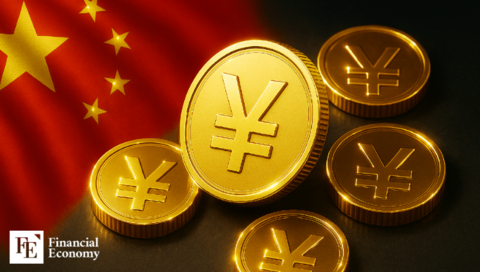Trump Tariff Surcharge?’ TSMC Seeks Up to 30% Price Hike — Will Samsung Benefit as a Result?
Input
Changed
Passing on U.S. Factory Construction Costs and Tariffs Backlash for U.S. Big Tech with High Dependence Attention on Whether Samsung Electronics Will Benefit
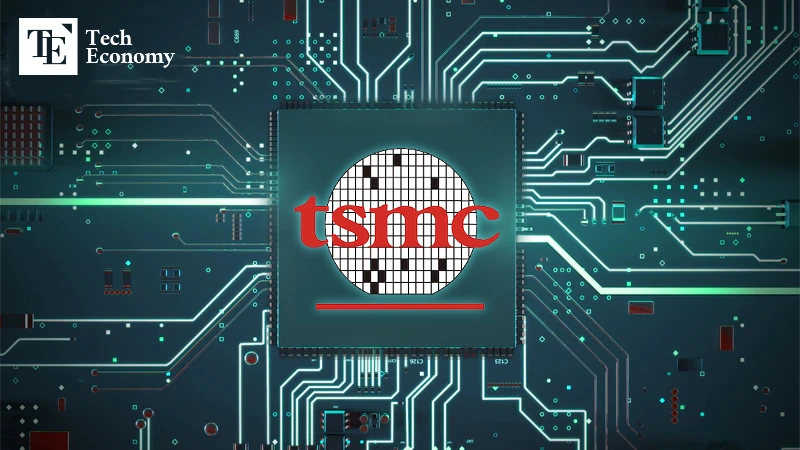
Taiwan’s TSMC, the world’s largest semiconductor foundry, is pushing to raise its supply prices by up to 30%. This move comes as the Trump administration signals the imposition of semiconductor tariffs and TSMC faces rising construction costs for its Arizona plant, prompting the company to pass those costs onto its customers.
TSMC Foundry Prices to Rise Up to 30%
On May 20, Taiwan's Commercial Times reported that TSMC is planning to raise overall foundry prices by around 10%. Notably, chips produced with its 4nm process at its Arizona facility are expected to see a price increase of about 30%. The sharp hike is due to significantly higher construction, labor, and operating costs in the U.S. compared to Taiwan. TSMC aims to recoup a substantial portion of its U.S. plant investment through this price increase.
Nvidia CEO Jensen Huang notably backed TSMC's move. After a meeting with TSMC Chairman Mark Liu, Huang stated, “TSMC’s foundry is worth the value,” and emphasized that all customers, including Nvidia, are subject to uniform pricing, with no preferential treatment for larger clients.
Nvidia plans to produce its next-generation AI chips using TSMC's 2nm process, which naturally comes at a higher cost than previous wafer nodes. The industry believes pricing negotiations between Nvidia and TSMC are largely finalized. Nvidia’s tacit support for the price hike is seen as an effort to secure priority access to TSMC’s production capacity—an increasingly competitive space also targeted by Apple, AMD, Intel, Qualcomm, and MediaTek.
Could Samsung Benefit from TSMC’s Price Hike?
Industry watchers suggest Samsung Electronics may enjoy some spillover benefits from TSMC’s move. Samsung is the only other player besides TSMC capable of mass-producing chips below the 5nm threshold. Customers burdened by TSMC’s price increases may seek alternatives, providing Samsung with new opportunities.
Indeed, Samsung has already secured a deal to produce Nvidia’s “Tegra SoC” for Nintendo’s next-gen “Switch 2” console using its 8nm process. Samsung also aims to begin mass production of its 2nm process by year’s end. Some clients may shift orders to Samsung if the company can offer competitive yields and pricing.
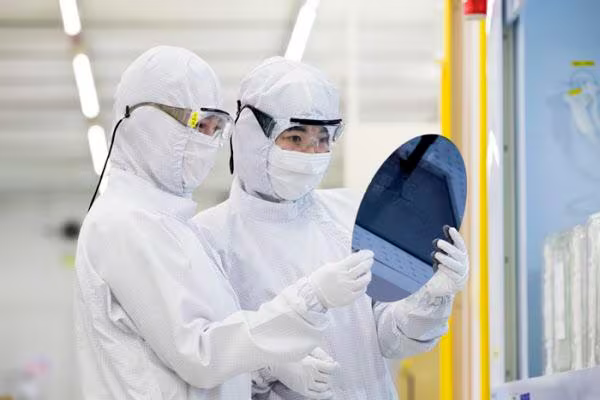
But Limited Mass Production Experience May Hinder Gains
Still, many analysts believe Samsung is unlikely to reap significant benefits from TSMC’s pricing changes. TSMC has regularly raised its prices in recent years—15% in 2022, 17% in 2023, and an expected 25% in 2024—without losing major customers. Samsung currently operates a foundry in Austin, Texas, producing general-purpose chips with 65nm to 14nm processes. It is building another facility in Taylor, Texas, but delays in securing clients have pushed back its launch—first from 2024 to 2026, and now possibly to 2027.
The Taylor plant was originally intended to support 2nm and 4nm production, but plans have reportedly shifted to focus solely on 2nm to improve competitiveness. As a result, clients looking for alternatives to TSMC may find it difficult to switch to Samsung.
Although Samsung has impressively raised its 4nm process yield to 80%, that production line is located in Pyeongtaek, South Korea. With U.S. semiconductor tariffs looming, customers may still favor TSMC for its domestic manufacturing base. This gives TSMC the confidence to push forward with price hikes.
While Samsung's technology rivals TSMC’s, its limited mass-production track record weakens its position. A senior semiconductor industry official noted, “Samsung’s 3nm yield is reportedly between 60% and 70%, comparable to TSMC’s, but the lack of major Big Tech clients reflects lingering doubts about its reliability.”
In the booming AI semiconductor market, performance and yield, not price, are paramount. Many clients prefer TSMC despite rising prices and potential delays because of its superior packaging technology (CoWoS) and extensive mass production experience. Experts suggest that Samsung should promote its unique technologies, such as its GAA (Gate-All-Around) process and 2.5D packaging solution “I-Cube,” to reinforce its reputation for performance and yield. One industry insider summarized, “TSMC effectively monopolizes advanced semiconductor production, making it hard for Samsung to close the market share gap. Instead of focusing on absorbing diverted orders, Samsung should highlight its process strengths and prove it can match TSMC in yield and performance.”

